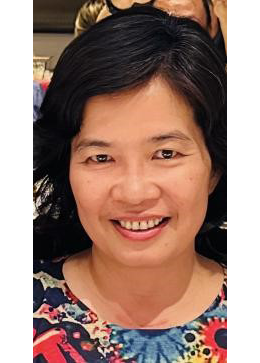USTC Astronomy Colloquium Series: 2024 Spring
Real-time Gravitational Wave Discovery Powered by Machine Learning
温琳清 教授
University of Western Australia
2024/05/17, 4:00pm , the 19th-floor Observatory Hall

报告人:
Linqing Wen obtained her PhD degree from Massachusetts Institute of Technology in 2001 in X-ray Astrophysics. She started to work on gravitational wave astronomy as a postdoctoral researcher at Caltech and then Max-Planck Institute for Gravitational Physics before joining the University of Western Australia (UWA) in 2007. She was awarded the Australian Research Council Future Fellowship in 2009 and is currently a Professor of Physics at UWA. Her research interests include gravitational wave astrophysics, online detection and early warning, electromagnetic counterparts of GW sources and high-performance computing including machine learning.摘要:
We are at the exciting time of gravitational wave (GW) discovery and multi-messenger astronomy. The first detection of GWs was made in 2015. The electromagnetic counterparts associated with the kilonova explosion from the merger of two neutron stars were observed in 2017. Through four science runs, we have detected GWs from a few hundred of binary stellar-mass black hole coalescences, leaving many unanswered questions about the formation channels of these sources. The second half of the fourth Science Run by the LIGO-Virgo-KAGRA Collaboration has just started a few days ago. In this talk, I will give an overview of the current status of GW discovery and our effort in applying machine learning techniques to accelerate the discovery.  邮编:230026 ,
邮编:230026 ,  联系电话: 0551-63601861
联系电话: 0551-63601861 Email:
Email: